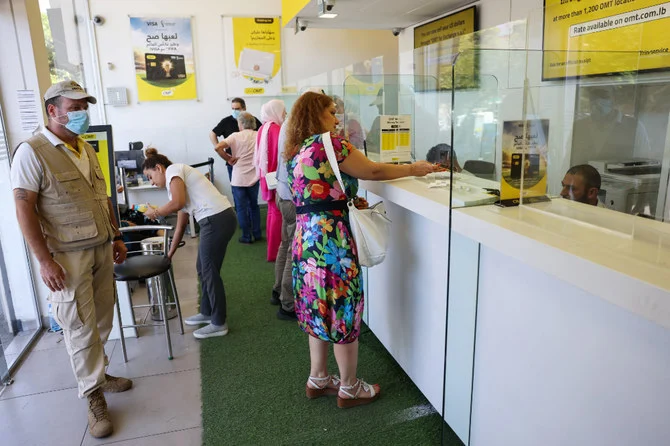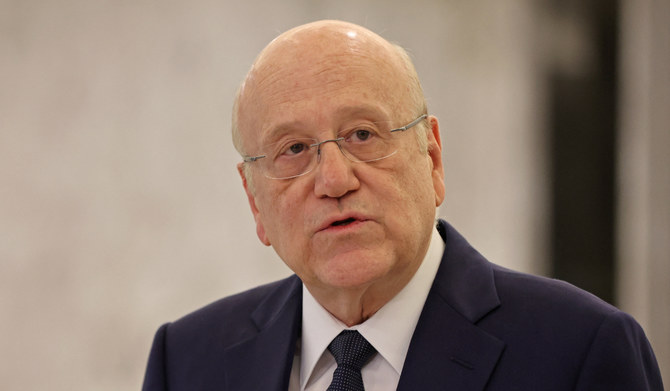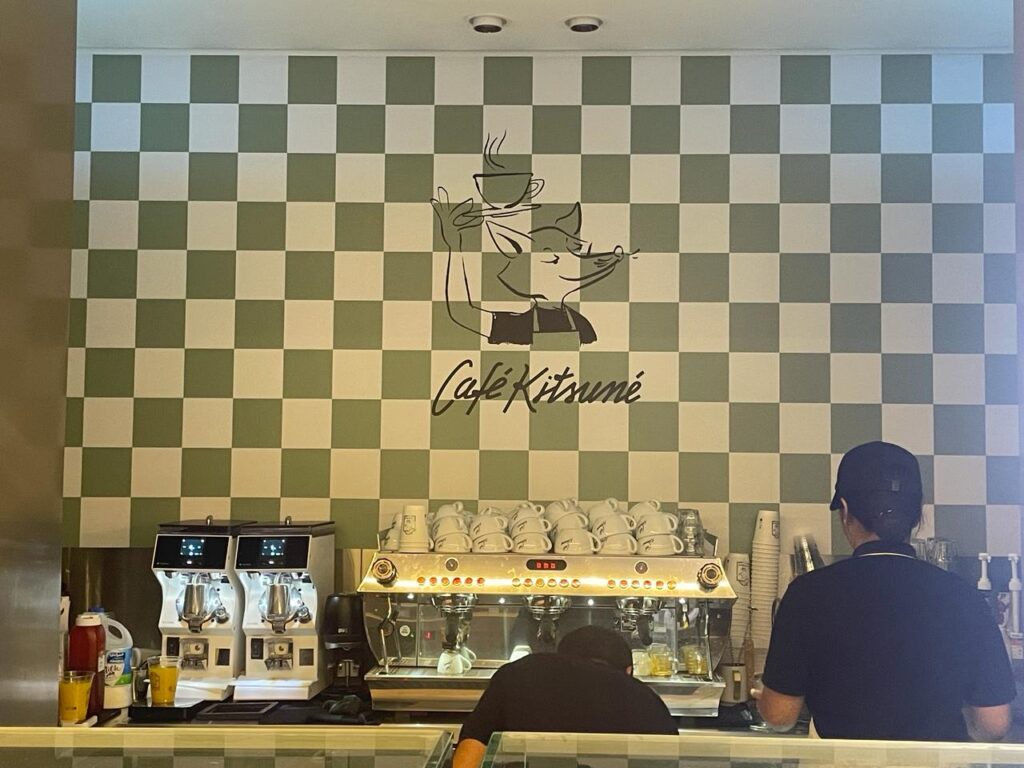The new customs exchange rate of 15,000 Lebanese pounds a dollar replaces the previous rate of 1,500, which was in use for nearly three years.
The customs dollar is the price for calculating the customs value of imports, and is paid in Lebanese pounds.
Public concern has already risen about the ability to control instability in the markets, as merchants began adding goods to be included on the new rate.
Imports in the first seven months of this year reached $10.5 billion, and the total import for the whole year may reach $18 billion, which is a record close to pre-crisis levels, and it was interpreted as a preemption to raise the customs dollar rate.
Imported goods included cars, phones and electrical and electronic equipment.
Amin Salam, the caretaker economy minister, said on Friday that he would not authorize any additional fees that would pile further pressure on consumers buying essential items such as food.
He added that 70 percent of food commodities were exempt, and their prices would not be affected by the new rate.
The remaining products would be studied carefully, he said, adding that the government had “demanded the exemption of additional commodities, which delayed the issuance of the exempted commodities lists.”
Lebanon is suffering its worst economic crises in decades and a dramatic deterioration in the value of the national currency, which hit 41,500 to the dollar on the black market on Friday.
Salam added that his ministry, the Internal Security Forces and the State Security Apparatus had obtained signed pledges from merchants that stock already in Lebanon would be sold at the previous dollar exchange rate.
The merchants signed the pledge after some initial hesitation, he added.
Mounir Al-Bassat, head of the Syndicate of Food Industries in Lebanon, said that most raw materials for the food industry were exempt from customs, and that a lot of food was grown locally.
Al-Bassat said that the share of local produce in markets had risen from less than 30 percent before the economic crisis began to bite to between 50 percent and 60 percent now.
The raising of the exchange rate is one of the demands of the International Monetary Fund, along with raising customs and tax duties.
Bechara Al-Asmar, head of the General Labor Union, told Arab News that the state still had no economic recovery plan.
“All we are doing is reacting. Daily remedies for crises absorbed by the worsening collapse,” he said, adding that the government was paralysed by disagreements.
He noted that the fall in the value of the Lebanese pound had led some employers to pay a portion of salaries in dollars. Those dollars are now subject to a new tax.
Value added tax, or VAT, which is applied on purchases and some services, is also set to rise ten-fold in line with the change in customs rates, and could happen as soon as February when the official exchange rate is unified with the new customs level.






















